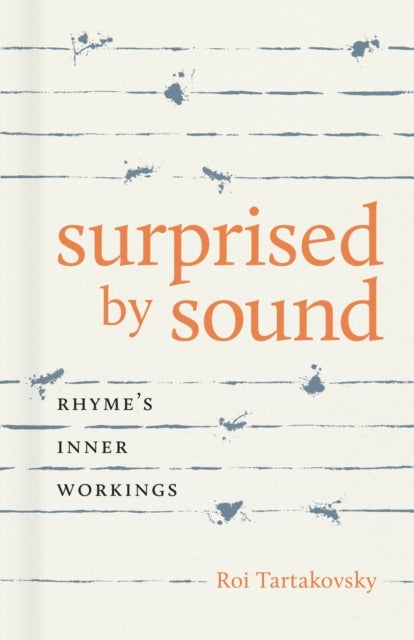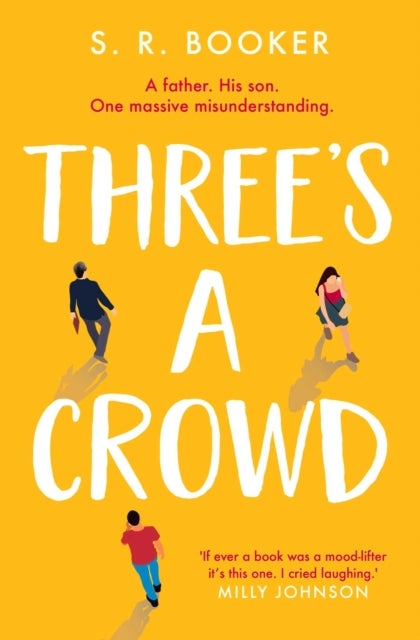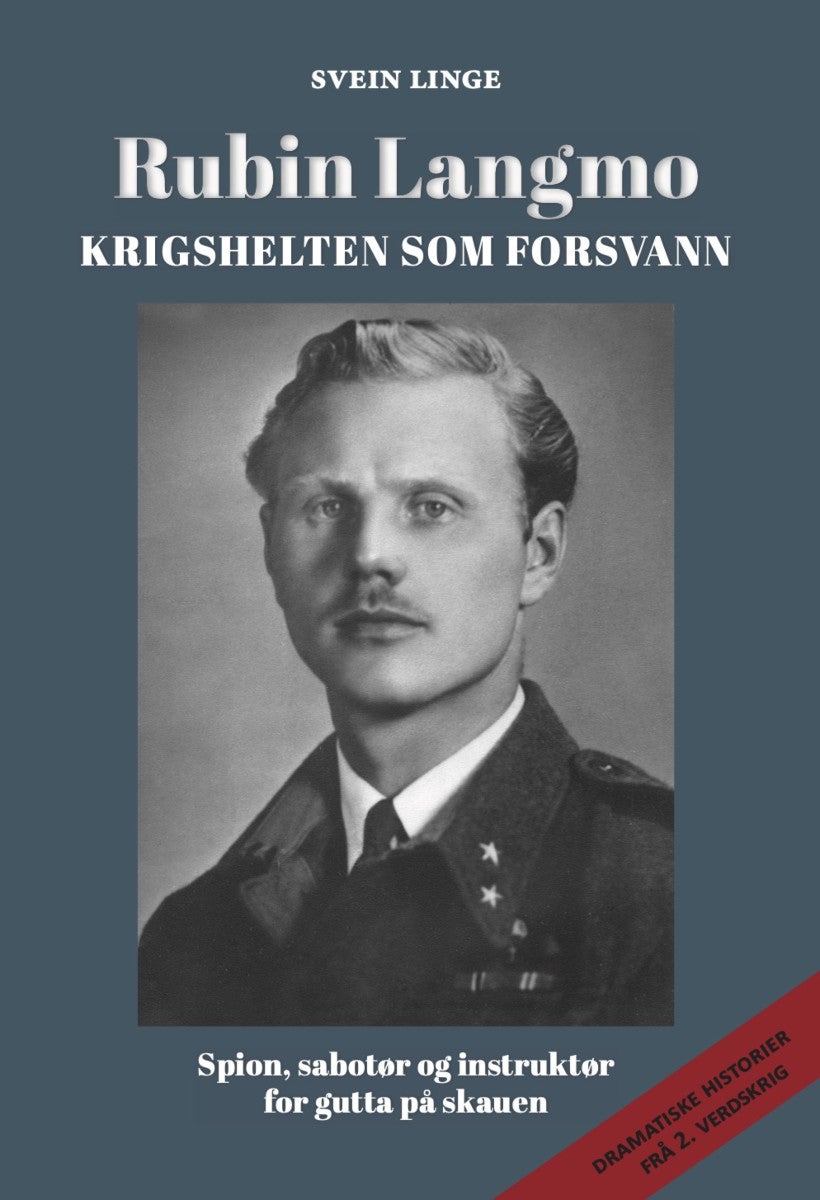
Surprised by Sound av Roi Tartakovsky
589,-
<p>In <i>Surprised by Sound, </i> Roi Tartakovsky shows that the power of rhyme endures well into the twenty-first century even though its exemplary usages may differ from traditional or expected forms. His work uncovers the mechanics of rhyme, revealing how and why it remains a vital part of poetry with connections to large questions about poetic freedom, cognitive and psychoanalytic theories, and the accidental aspects of language. <p/>As a contribution to studies of sound in poetry, <i>Surprised by Sound</i> takes on two central questions: First, what is it about the structure of rhyme that makes it such a potent and ongoing source of poetic production and extrapoetic fascination? Second, how has rhyme changed and survived in the era of free verse, whose prototypical poetry is as hostile to poetic meter as it is to the artificial sound of rhyme, including the sound of rhythmic thumping at the end of every line? In response, Tartakovsky theorizes a new category of rhyme that he terms








